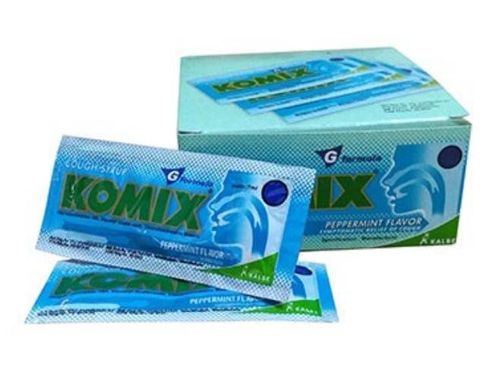This is an automatically translated article.
Viral fever, also known as viral fever, is a common disease that easily forms epidemics at the time of season change. Knowing if viral fever is contagious and how to treat it will help keep you and your family healthy.
1. What is viral fever?
Viral fever is a disease caused by different viruses, especially respiratory viruses. The disease is at risk of turning into an epidemic when it occurs at the time of season change when the climate changes erratically
Some disease-causing viruses include: Rhinovirus, Adenovirus,Coronavirus, Enterovirus, Influenza virus,...
Fever Most viruses go away on their own and are not dangerous, but some viral fevers can be fatal, especially in children, if not treated properly.

Sốt virus là bệnh do virus đường hô hấp gây ra
2. Manifestations of viral fever
The general manifestation of viral fever is a high fever from 39-40 degrees, accompanied by systemic manifestations and the duration of the illness is longer than that of common colds. The specific symptoms are as follows:
High fever: Fever from 39-40 degrees, sometimes up to 40-41 degrees, the patient needs to have fever quickly to avoid dangerous complications Body aches: When fever virus patients feel tired, uncomfortable, especially in the muscles, especially headaches, stuffy nose, difficulty breathing: viral fever causes cough and runny nose, runny nose causes stuffy nose and difficulty breathing for sick people Respiratory tract infection: Sore throat, burning throat, cough, runny nose, sneezing Conjunctivitis eye: Red eyes, lethargy and oozing discharge Vomiting: Usually occurs in children after eating, Children vomit many times, adults can also vomit due to sore throat, irritation of mucus Rash: After 2-3 days of viral fever, tiny red spots may appear on the hands and feet, a rash is a sign of fever the virus has passed the incubation period and develop the disease Digestive disorders: Caused by fever, gastrointestinal viruses, mainly causing diarrhea Lymphoma: When virus bacteria invade the respiratory tract, causing swollen lymph nodes in areas neck, head and palpable by hand

Sốt cao khiến toàn thân bị đau nhức mệt mỏi
3. Complications of viral fever
Some complications of viral fever include:
Pneumonia : This is the most common and severe complication of viral fever, which can break out into an epidemic at any time Bronchiolitis : This is a common complication For children under 12 months old, it can be fatal if not treated in time. Laryngitis: Viral fever causes the vocal cords to become inflamed and swollen, requiring immediate treatment or it will cause difficulty breathing, stridor, lack of oxygen to the body Myocarditis, arrhythmia, cardiac arrest: Inflammation of the heart muscle cells caused by a virus affects the heart rhythm apparatus leading to acute heart failure or cardiogenic shock Brain complications: This is The most dangerous complication of viral fever, this complication is common in children, leaving many sequelae
4. Treatment of viral fever
Viral fever can go away on its own, usually viral fever lasts from 5-7 days, if it takes longer than the day, the disease will be completely cured. Although there is currently no medicine to treat viral fever, specialists will prescribe drugs to treat the symptoms of the disease.
In addition, the patient should take supportive measures for faster disease remission. Includes:
Quickly reduce fever: If a patient has a high fever, it is necessary to reduce fever quickly to avoid causing brain complications

Nhanh chóng hạ sốt để tránh gây ảnh hưởng đến não
4. Is viral fever contagious?
Is viral fever contagious is a common question for doctors. Viral fever can be spread from person to person, so when sick adults should limit contact with children, especially infants because children's resistance is often low, very contagious
Host virus fever The virus is transmitted through the respiratory and gastrointestinal tract, all activities such as coughing, sneezing, and yawning cause the virus to spread from the saliva to other healthy people. People susceptible to viral fever: Anyone can get viral fever. However, children are the most vulnerable group because children's resistance is weaker than adults, making it easier for viruses to penetrate and cause disease.
Any questions that need to be answered by a specialist doctor as well as customers wishing to be examined and treated at Vinmec International General Hospital, you can contact Vinmec Health System nationwide or register online HERE.













